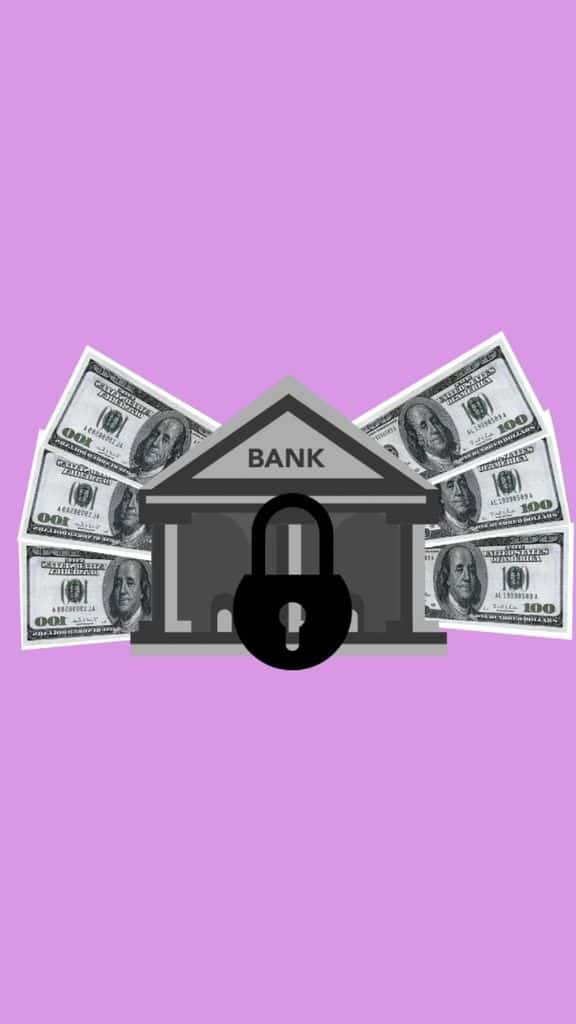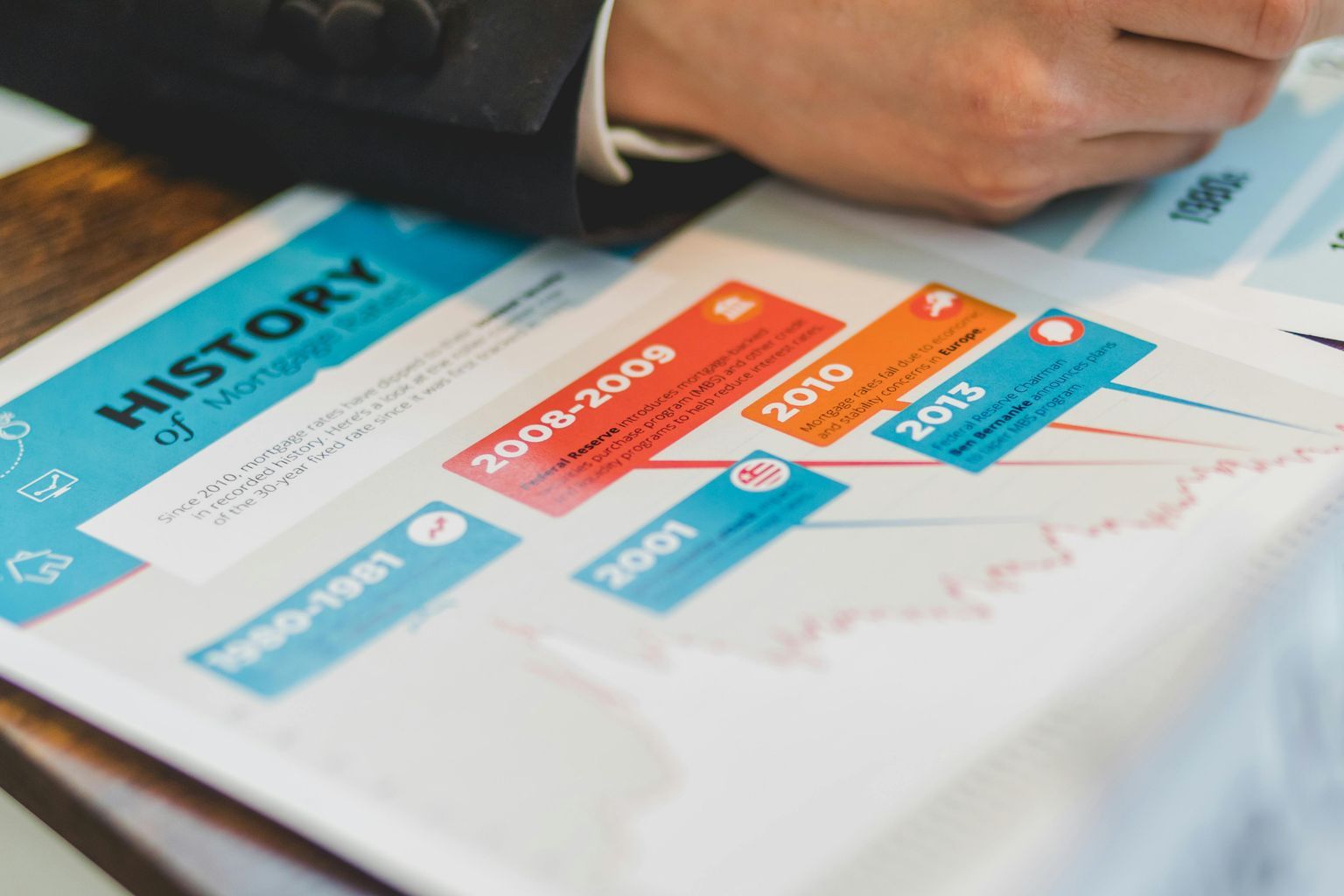Owning a home might be a dream of yours. You could be thinking about getting a mortgage to make this dream come true. To know if you qualify for a mortgage, you need to understand the criteria. Lenders look at things like your income and monthly debts to decide if you’re eligible. Let’s look at what you need to know about mortgage eligibility so you can feel more confident about buying a home.
Determining Mortgage Eligibility
Credit Score Requirements
To qualify for a mortgage loan, you typically need a credit score of at least 620.
Your credit score has a big impact on whether you can get a mortgage and the interest rate you’ll get from lenders.
A higher credit score usually means lower interest rates, making the loan more affordable.
If you have a lower credit score, lenders might still consider you, but you might end up with higher interest rates, which can make buying a home more expensive.
Improving your credit score before buying a home can save you money in the long run by reducing your monthly payments and overall finance amount.
When planning to buy a home, consider things like your debt-to-income ratio, how much you want to put down as a down payment, and the estimated costs for taxes and insurance.
Thinking about additional costs like closing costs and maintenance is important for budgeting wisely and understanding your overall financial situation as you go through the homebuying process.
Income and Debt Considerations
When thinking about getting a mortgage, it’s important to look at your income and job stability. Lenders want to know if you can pay your monthly bills on time.
You also need to check how much debt you already have. A key calculation is your debt-to-income ratio. This shows how much of your income goes to paying debts. A lower ratio is better for your finances.
The size of your down payment is also a big deal. A bigger down payment means you borrow less money. It can even help you get a lower interest rate.
Examining these factors – like income, debt, and down payment – can help you see if you can afford a mortgage.
Employment History
Lenders need a detailed work history to check if you qualify for a mortgage. They look at your past jobs, how long you worked at each, and why you left. This helps them see if you can pay the mortgage every month.
They also check if your income is steady, if you’re moving up in your career, and how the job market looks. All this affects if you can afford the loan and handle financial risks. A stable job past could even get you a better interest rate, making buying a house more affordable.
Showing your work history accurately is key for getting approved for a mortgage.
Down Payment Amount
The down payment amount is crucial for mortgage eligibility. It determines how much one can borrow for a home loan.
Lenders usually have a minimum down payment requirement. This amount varies based on the loan type and lender terms.
The size of the down payment affects the mortgage interest rate. A larger down payment often means a lower interest rate, reducing borrowing costs.
Understanding how the down payment impacts monthly payments and long-term expenses is vital for potential home buyers.
An affordability calculator can help determine a comfortable budget considering the desired down payment and other factors.
Closing costs, taxes, insurance, and maintenance expenses should also be included when planning for homeownership along with mortgage payments.
Each individual’s financial situation and priorities determine the down payment decision and overall financing amount.
Factors That Affect Mortgage Eligibility
Debt-to-Income Ratio
The debt-to-income ratio is crucial for mortgage eligibility.
Lenders use it to see if someone can afford the monthly payments based on their income and debts.
A lower ratio means less financial strain and better chances for a mortgage with a good interest rate.
To improve this ratio and qualify for a mortgage, focus on reducing expenses, increasing income, paying off debt, or saving for a bigger down payment.
Manage these factors well to boost chances of getting a mortgage for your dream home.
Consider your gross income, upfront costs, monthly expenses, and debts to choose the right mortgage terms for sustainable homeownership.
Credit History
When you apply for a mortgage, your credit history is very important. Lenders look at different parts of your credit history to see how well you manage your finances. They check things like your credit score, payment history, how much debt you have compared to your income, and any money you still owe.
Having a higher credit score can mean you get lower interest rates and have a better chance of getting approved for a mortgage. It’s also helpful to always make your payments on time and not have too much debt to handle. Lenders also check your debt-to-income ratio to make sure you can pay the monthly mortgage with your monthly earnings.
Knowing these things about your credit history is really important if you want to buy a house and complete the mortgage application without any problems. By focusing on these areas, you can improve your financial situation and have a better chance of getting the loan amount you need to buy a home.
Loan-to-Value Ratio
The loan-to-value ratio is important for getting a mortgage. It shows how much a lender is willing to finance compared to the home’s value.
A lower ratio means less risk for the lender. This often leads to better terms and lower interest rates for the borrower.
This ratio is based on the mortgage amount and the home’s appraised value. Lenders use it to gauge the loan’s risk.
Understanding this ratio helps borrowers choose the right mortgage and stay within their budget.
Saving for a bigger down payment can lower the ratio and cut monthly costs.
Tips for Improving Mortgage Eligibility
Increase Your Credit Score
To increase your credit score and improve mortgage eligibility, focus on:
-
Reducing debts,
-
Making timely payments and
-
Keeping credit utilization low.
Lowering your debt-to-income ratio by paying off existing debts can increase your chances of loan approval.
Improve creditworthiness by monitoring credit reports for errors and maintaining a good payment history.
Research different loan terms, interest rates, and lenders to find the best fit for your budget.
Consider factors like down payment, projected taxes, insurance, and closing costs when calculating affordability.
Utilize mortgage affordability calculators to assess your financial situation and determine a suitable finance amount based on individual circumstances.
Prioritize saving for upfront costs, understanding monthly expenses, and budgeting for maintenance to ensure successful homeownership.
Reduce Your Debt-to-Income Ratio
Individuals can improve their chances of getting a mortgage by making smart financial choices. Here’s how:
-
Focus on paying off high-interest debts like credit cards. This lowers overall debt levels.
-
Increase income through side hustles or job promotions to boost the debt-to-income ratio.
-
Make a budget to track monthly expenses and find areas to cut back on spending.
-
Manage debt wisely and find ways to increase income to qualify for better mortgage terms.
-
Consider factors like down payment size, interest rates, and fees when looking to buy a home.
-
Use calculators and affordability tools to plan monthly payments and compare different loan options.
-
Follow lender requirements to maintain a good debt-to-income ratio and secure a mortgage.
Save for a Larger Down Payment
Individuals who want to get a mortgage can save more money upfront. One way is to make a budget and save part of their income each month for the down payment. They can also look at their expenses to see where they can spend less and put that money into savings. Thinking about things like taxes, PMI, and closing costs can help them decide how much they need to save. A bigger down payment means needing less money from the loan.
It can also make it easier to get a mortgage and get better interest rates. Lenders like when borrowers have a big down payment because it shows they are good with money. Using affordability calculators and understanding their own situation can help people see if saving more for the down payment fits their home-buying goals.
Understanding Mortgage Preapproval
What is Mortgage Preapproval?
When you want to buy a home, getting preapproval for a mortgage is a necessary step.
Lenders will look at your finances to figure out the highest loan amount you can manage.
This helps you know your budget for finding the right home.
They check your income, interest rates, and monthly expenses to decide this amount.
Understanding this information will help you make a realistic budget, know what you can afford for a home, and plan for upfront costs like down payments.
You’ll also get an idea of future expenses like taxes, insurance, and fees that could affect your budget.
Using online calculators and looking at your own financial situation can help you choose the best options.
Knowing details like loan terms, the loan-to-value ratio and closing costs will help you make smart choices.
Why it’s Important
Determining mortgage eligibility is important when buying a home. Understanding one’s financial capacity helps in securing a suitable loan with favorable terms and interest rates.
By using a mortgage affordability calculator, individuals can assess if they can afford a mortgage based on their income, expenses, and desired down payment. This knowledge empowers them to approach lenders confidently and negotiate terms that align with their budget and financial goals.
Understanding mortgage preapproval is also important as it gives potential buyers a clear picture of how much they can borrow. This information guides them in setting realistic expectations, prioritizing their budget, and planning for upfront costs like closing fees.
By understanding these aspects, individuals can make informed decisions tailored to their unique financial situation and avoid potential pitfalls in the home-buying process.
Common Questions About Mortgage Eligibility
A good credit score is important for getting a mortgage. It affects the interest rate on the loan.
Your income and debts are also crucial. They show if you can afford monthly payments.
Lenders check your work history. It tells them if they have a stable job and can repay the loan.
All this helps lenders see if you can handle the financial responsibility of owning a home.
Lenders look at your down payment plan, estimated taxes, and insurance costs. They use this to decide how much money to lend you.
Buyers should know their debt-to-income ratio, monthly expenses, and closing costs to budget wisely.
FAQ
What are the basic eligibility requirements for a mortgage?
To qualify for a mortgage, you will need a good credit score, stable income, and a low debt-to-income ratio. For example, a minimum credit score of 620, proof of steady employment, and a debt-to-income ratio of 43% or lower are common requirements.
Do I need good credit to qualify for a mortgage?
Yes, having good credit can improve your chances of qualifying for a mortgage. Typically, a credit score of 620 or higher is recommended. Lenders also consider other factors such as income, debt-to-income ratio, and down payment amount.
Can I get a mortgage if I am self-employed?
Yes, self-employed individuals can qualify for a mortgage. Lenders may require additional documentation such as tax returns, profit and loss statements, and business bank statements to verify income. Working with a lender experienced in dealing with self-employed borrowers can increase your chances of approval.
What factors do lenders consider when determining mortgage eligibility?
Lenders consider factors such as credit score, income, employment history, debt-to-income ratio, and down payment amount when determining mortgage eligibility. For example, a higher credit score and stable income could increase the chances of approval.
Is there a maximum age limit for applying for a mortgage?
There is no maximum age limit for applying for a mortgage. Lenders assess each applicant’s financial situation and ability to repay the loan, regardless of age. For example, some retirees are able to secure mortgages based on assets and retirement income.
Find out if you’re eligible for a mortgage. Get expert guidance and a personalized assessment at Champions Mortgage to determine your qualifications. Contact us today to start your journey toward homeownership with confidence.







